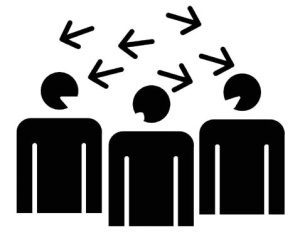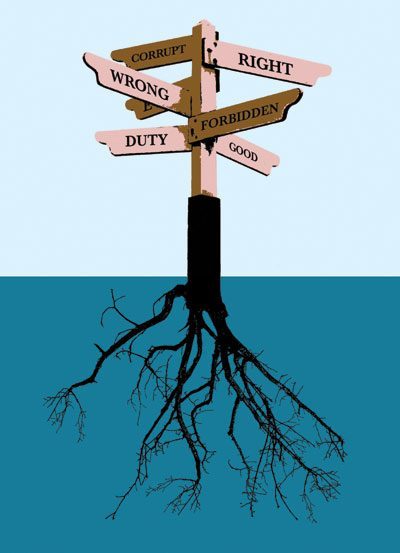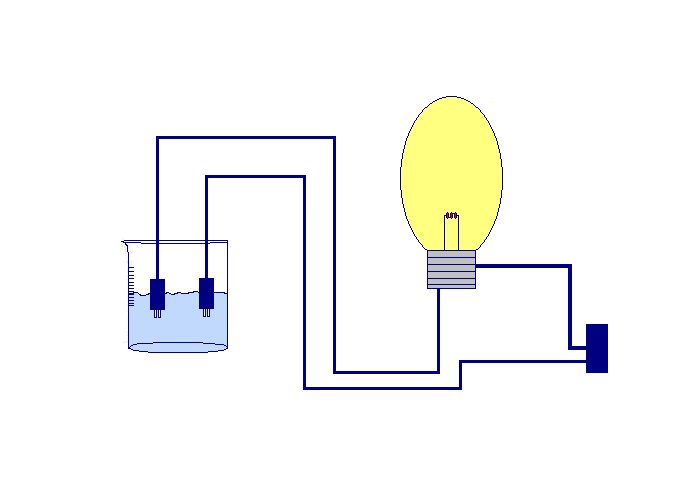Transmission is understood as the act of transmitting. A transmission is the transfer of energy, waves or information from a starting point to a different arrival point, and what is transmitted along the way may or may not be altered. Any transmission process involves movement and this can occur voluntarily or involuntarily in many different ways, with some mechanical transmissions, others electrical, others related to communication and others related to health or hygiene.
The notion of transmission always implies the passage or diffusion of a message in a specific type of code, related to the activity on which it is acting. The transmission is not limited, therefore, to an exclusive type of handover but can take place in many ways. Normally, when one speaks of transmission, it is commonly thought of the transmission that is carried out via communication media. Such is the example of the transmission of radio or TV programs, as well as speeches, reports and readings (in which case it is not necessary for a device to mediate, but the transmission can be done in person). In this last example, the transmission of the message occurs in an elementary way, from person to person.
Transmission can also be related to chemical, physical or biological issues. In general, we associate the notion of transmission with temperature, heat or cold, as well as with the transmission of certain waves such as magnetic ones. When the process of transmission of some type of energy occurs, it can be given through waves.
Finally, when talking about transmission, reference is also made to the passage of diseases or viruses that are aggressive for the individual and that evolve towards different complications. Transmission in this sense acquires a negative meaning and must be properly controlled not only by individuals but also by the responsible organisms.









